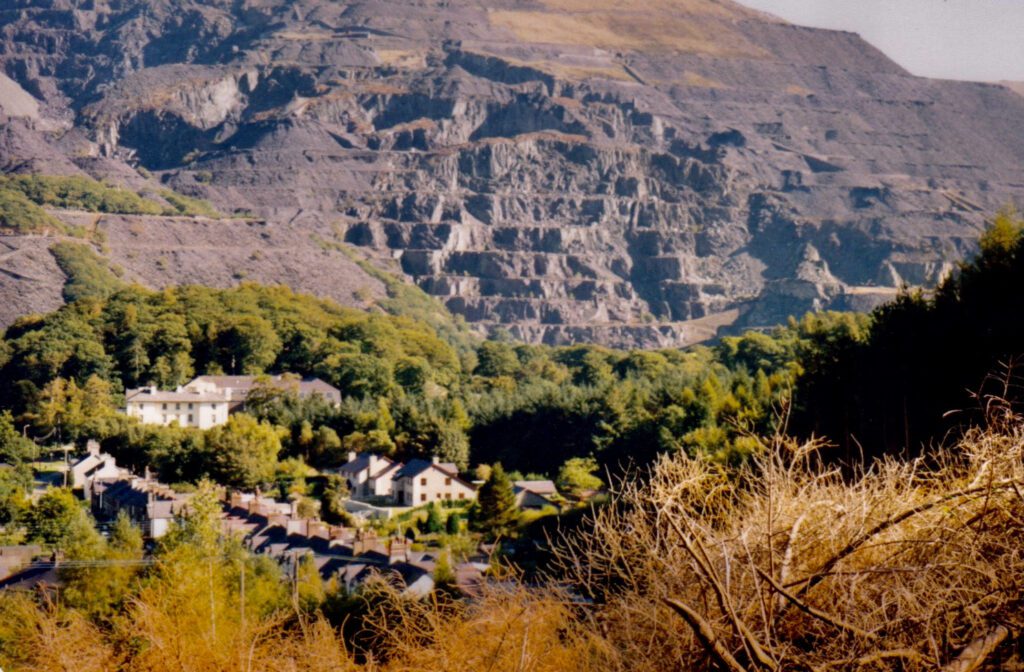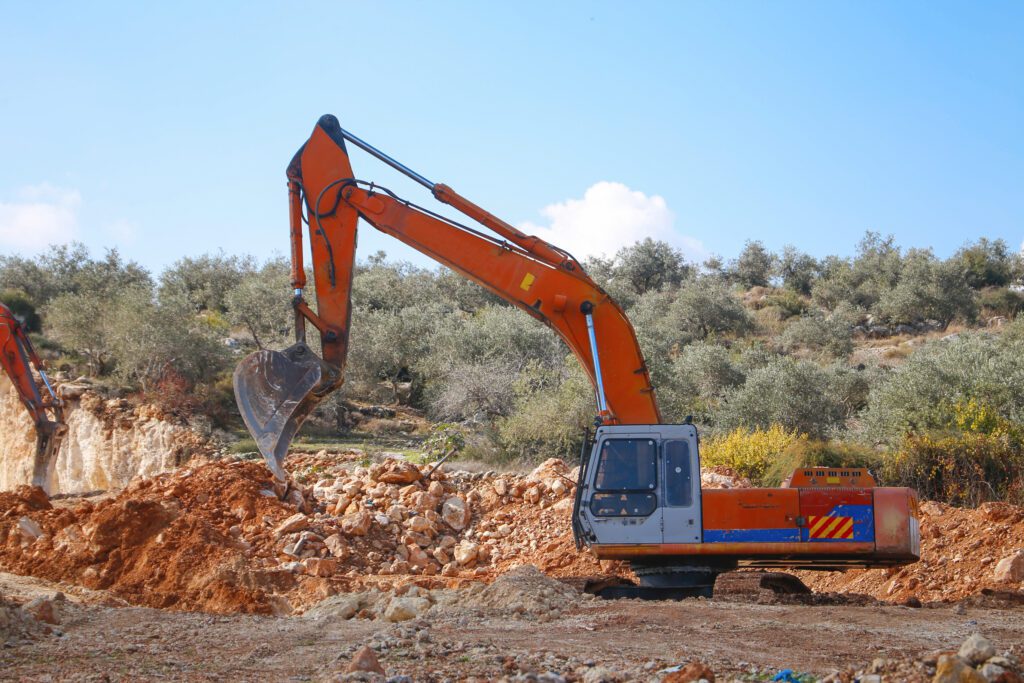The stone and marble industry is one of the most important economic sectors in Palestine, representing a pivotal component of the gross domestic product and accounting for approximately a quarter of industrial revenue in the West Bank.
The roots of this industry go back centuries. Palestinian stone is closely tied to the country’s traditional architectural identity, and is renowned for its high quality, durability, and reputation in regional and international markets. Despite its significant economic importance, the sector faces serious environmental and developmental challenges and requires a comprehensive review to ensure its sustainability and to protect human health and the environment.
However, the stone industry in Palestine cannot be understood solely through an economic or environmental lens. It must be analysed within the framework of a colonial system designed to control resources and obstruct Palestinian self-determination and development. A large number of Palestinian quarries and crushers are located within Area C, which is administered solely by Israel as designated by the Oslo Accords. These areas constitute approximately 62% of the West Bank and are under full Israeli administrative and security control.
In contrast to Palestinian, Israeli quarry companies operate in the same zones with virtually no restrictions, exporting stone products extracted from Palestinian land to Israeli and international markets, including Europe, often under marketing labels that obscure their true geographic origin.
This reality creates a stark paradox: Palestinians are forbidden from extracting stone from their own land, while settlers profit from it without accountability. Because building permits for Palestinians in Area C are extremely limited or denied altogether, stone extracted by Palestinians is sometimes used in projects they themselves are not permitted to construct, reflecting the political and economic paradox of this sector.
Hebron, the heart of the industry and its burdens
The Hebron Governorate is home to approximately 174 quarries and 320 stone factories and sawmills, employing around 3,200 workers, along with dozens of small marble workshops, according to studies by the Union of Stone and Marble Industry in Palestine.
This region also constitutes the environment in which the industry thrives, economically, environmentally, and politically. Quarries and crushers are scattered across dozens of sites stretching from towns such as Bani Na’im, Yatta, and Samu’ to Beit Kahil, Sa’ir, and Adh Dhahiriya. These industrial clusters form a vital backbone that supplies local and regional markets, particularly Jordan and the Gulf, with high-quality, durable limestone.
Yet this intensive activity carries a heavy cost. Environmental reports reveal widespread air and soil degradation, with heavy dust emissions and groundwater contamination. Residents living near quarries face direct health risks, while the surrounding ecosystem is being systematically disrupted: trees are uprooted, soil layers stripped, and the terrain reshaped by unregulated blasting and excavation.
Residents face significant health impacts from the constant emission of fine dust produced by excavation and cutting operations. Studies conducted in the area, such as the one by the An-Najah National University researchers, show that levels of fine particulate matter in the air exceed World Health Organization limits several times over. These particles contribute to chronic respiratory problems such as asthma and bronchitis and particularly affect children and the elderly.
Beyond air pollution, the stone industry generates vast amounts of liquid and solid waste, especially from cutting and polishing. The sector is estimated to produce over one million tons of such waste annually, much of it dumped into valleys and agricultural areas without proper treatment or oversight. This uncontrolled disposal leads to soil degradation and groundwater contamination.

Reactions from the sector
In a recent interview published on the official website of the Union of Stone and Marble Industry in Palestine, Nassar Nassar, president of the Union, highlighted the complex challenges facing the sector, ranging from the occupation to internal Palestinian issues.
Nassar explained that “the federation launched a comprehensive plan in 2023 to restructure the industry, regulate the relationship between businesses and local communities, enhance environmental transparency, and strengthen export competitiveness.” He emphasised that solutions require more than merely controlling emissions and waste. They must also create a real balance between the human right to work and the right to a clean and safe environment.
He added that the Union seeks to build partnerships with local and international research and regulatory bodies to develop a national waste management system and promote legislation requiring quarries to comply with strict environmental standards. Nassar also highlighted the need to counter the influx of imported stone, which floods the Palestinian market, undermines local sustainability opportunities, and threatens national employment.
The absent female voice
Although the quarrying and crushing sector in Hebron is usually discussed in economic or environmental terms, its gender dimension remains largely invisible in public discourse. The industry’s predominantly male workforce, from labourers to managers, exposes a deep gap in the distribution of roles and opportunities. Women, though absent from decision-making positions and field work, are among the most affected by this activity. They bear the consequences of environmental pollution inside homes and shoulder the added burden of caring for families in noisy, dust-filled environments.
Feminist activist and environmental researcher Rula Al-Sharif explains to AMWAJ that “the environmental violence women experience around quarries is not only a health hazard, but a form of gender-based violence. We are talking about the destruction of women’s living environments without consulting their opinions or respecting their privacy at any stage of planning, licensing, or implementation.”
Al-Sharif adds that “in many villages south of Hebron, women clean the dust that settles in homes every day and pay for the treatment of children suffering from allergies or asthma caused by quarries. Yet they have no representation on local committees that address these issues.”
This exclusion reflects a broader structure of male dominance, not only in the labour market, but also in the right to a healthy environment and local decision-making. It underscores the need for a radical rethinking of the sector from a feminist perspective that places women at the center of the debate on development and environmental justice.
The stone industry in Hebron embodies a complex equation: it combines economic importance and employment for thousands of families with environmental, social and political risks. The sector operates under the exceptional conditions of occupation and Israeli control over resources, which hinders its development and threaten its sustainability.
While Palestinians continue to use stone as a symbol of resilience and survival, there is an urgent need for clear national policies that balance economic benefit with environmental protection, along with continued political and legal pressure to assert Palestinian sovereignty over land and resources.

This article was developed as part of the Climate Change and Environmental Justice Training Series organised by AMWAJ in partnership with the Heinrich Böll Foundation Middle East.